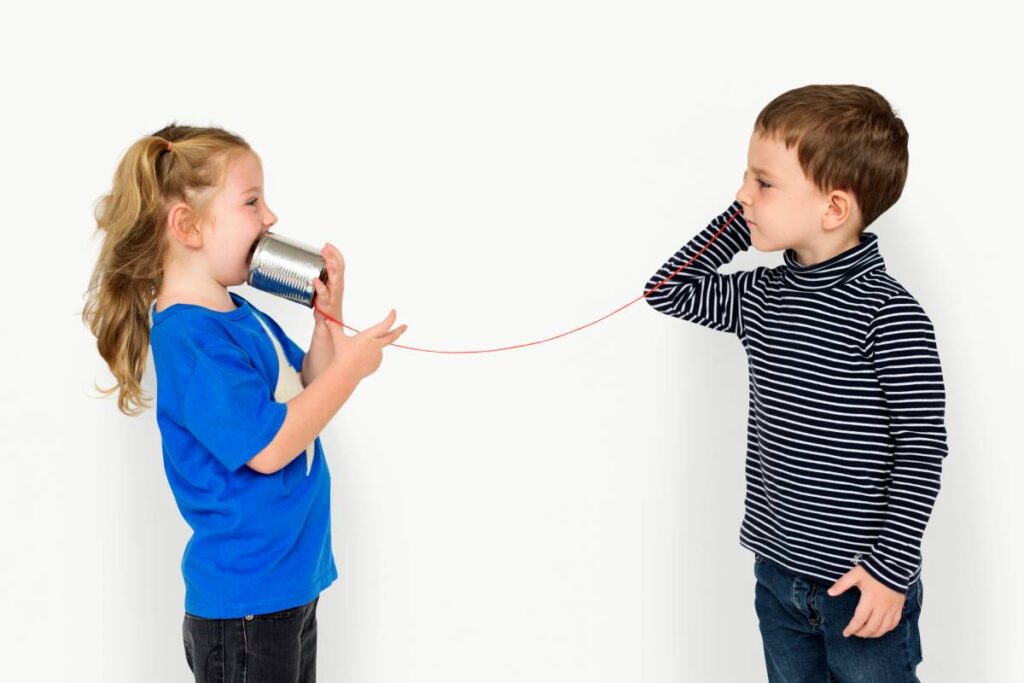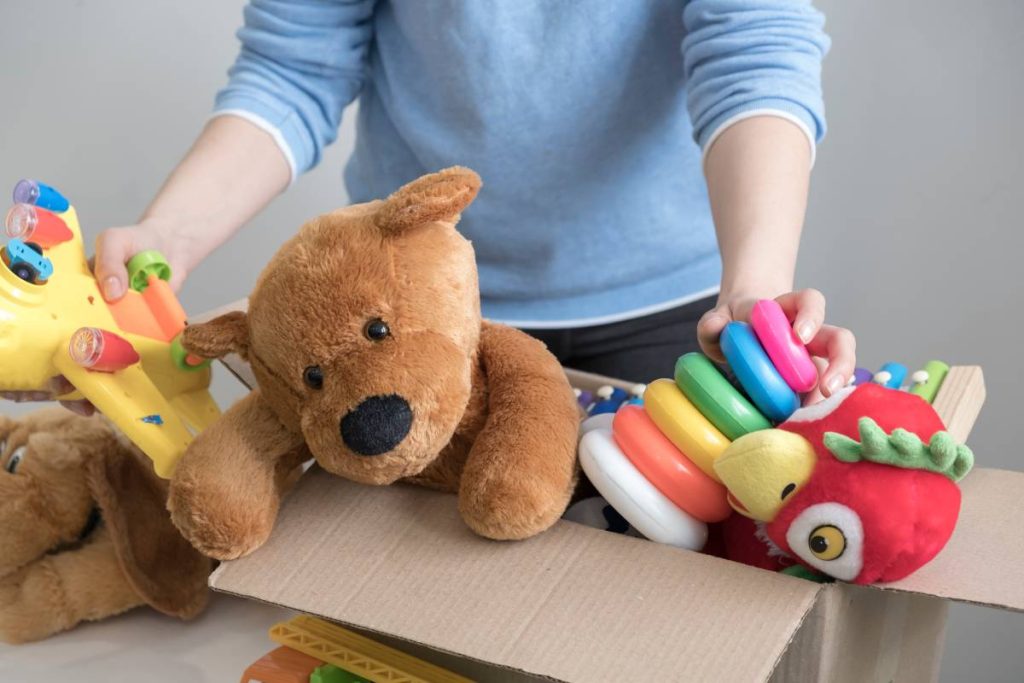Gifted Kids and Anxiety: Overthinking & Emotional Intelligence?

Being gifted means having special talents or abilities that are above average. But being gifted is not just about being smart or getting good grades. Gifted people often think deeply and feel things very strongly. Sometimes, this can lead to challenges like anxiety or worrying too much.
In this article, we will look at how being gifted is connected to anxiety, why gifted people may overthink, and whether gifted kids are good at understanding their own and others’ feelings. Knowing this can help us support gifted people better and help them live happy and healthy lives.
What Does It Mean to Be Gifted?
First, let’s understand what “gifted” means. Giftedness usually refers to having abilities that are much higher than average in areas like thinking, creativity, or leadership. Gifted individuals often do well in school and come up with new ideas quickly.
However, giftedness isn’t just about high IQ or test scores it also includes how a person thinks, feels, and reacts to the world. Gifted people may think deeply, notice small details others miss, and feel emotions strongly. These traits can be a strength, but they can also lead to challenges, especially when it comes to mental health.
The Link Between Giftedness and Anxiety
Anxiety is a feeling of worry or fear that can be mild or severe. It is common for many people, but research shows that gifted individuals may experience anxiety more often or more intensely than others. Here are some reasons why:
1. Heightened Awareness and Sensitivity
Gifted individuals often have a strong awareness of their surroundings and inner thoughts. They notice more details and think about many possibilities at once. This can lead to overthinking and worrying about things others might not even notice.
For example, a gifted student might worry a lot about their grades or future because they see all the challenges ahead. They may also pick up on other people’s feelings and stresses, which can increase their own anxiety.
2. Perfectionism and High Standards
Many people want to do everything perfectly. They set very high goals and expect a lot from themselves. When they do not meet these expectations, they may feel very upset or anxious.
Perfectionism can create pressure that makes it hard to relax or enjoy achievements. Individuals might fear failure so much that they avoid risks or struggle to finish tasks because they want everything to be just right.
3. Feeling Different or Isolated
Being gifted can sometimes make people feel alone. Kids especially may find it hard to relate to classmates who think or behave differently. This can lead to feelings of loneliness or social anxiety.
Not feeling understood by peers or adults can increase stress and anxiety. Individuals might worry about fitting in or being accepted, which adds to their mental burden.
4. Intense Emotions
Many people feel emotions very deeply. They may experience joy, sadness, or anger more strongly than others. While this emotional depth can help them connect with others and be creative, it can also lead to mood swings and anxiety.
Strong emotions can sometimes feel overwhelming. Without ways to manage these feelings, individuals may become anxious or depressed.
Are Gifted People Overthinkers?
Overthinking means thinking about something too much or for too long, often causing worry and stress. Many gifted individuals are known to be overthinkers, and here’s why:
- Complex Thinking: Gifted minds tend to analyze things from many angles. They ask many questions and want to understand everything fully. This deep thinking can be helpful but may also cause them to get stuck in their thoughts.
- Problem Solving: Gifted people often enjoy solving problems and thinking creatively. However, this can turn into overanalyzing situations or imagining worst-case scenarios.
- Fear of Mistakes: Because many gifted individuals want to be perfect, they may replay decisions and actions in their minds, worrying about what went wrong or what could go better.
- Sensitivity to Details: Their attention to detail means they notice things others miss, which can make their thoughts busy and hard to calm.
Overthinking can make it hard to focus, relax, or sleep. It can increase anxiety and make daily life more stressful. Learning to manage overthinking is important for gifted people to maintain their mental health.
Are Gifted Kids Emotionally Intelligent?
Emotional intelligence means understanding and managing your own feelings and recognizing others’ emotions too. It includes skills like empathy, self-control, and social awareness.
Many gifted children have strong emotional intelligence because:
- Awareness: They are often very aware of their own feelings and others’ moods.
- Empathy: Gifted kids may feel deeply for others and show kindness and concern.
- Reflection: They like to think about emotions and reasons behind behaviors, which helps them understand people better.
However, being gifted does not automatically mean a child is emotionally intelligent. Some gifted children may struggle with emotions or social skills because:
- They feel emotions so strongly that it overwhelms them.
- They have trouble expressing feelings clearly.
- They find social rules confusing or frustrating.
- They may feel different or isolated from peers.
Supporting emotional intelligence in gifted kids is important. Teaching them how to recognize feelings, communicate effectively, and handle stress can help them succeed socially and emotionally.
How to Support Gifted Individuals with Anxiety and Overthinking
Understanding that giftedness can come with anxiety and overthinking is the first step. Here are ways to help gifted individuals cope and thrive:
1. Encourage Open Communication
Create a safe space where gifted individuals can talk about their worries and feelings without judgment. Listening carefully helps them feel understood.
2. Teach Relaxation and Mindfulness
Practices like deep breathing, meditation, or simple mindfulness exercises can calm busy minds and reduce anxiety.
3. Set Realistic Expectations
Help gifted individuals set achievable goals and accept that mistakes are part of learning. Encourage self-compassion and remind them that nobody is perfect.
4. Promote Healthy Social Connections
Support friendships and activities that allow gifted individuals to connect with peers who share their interests and values.
5. Provide Emotional Learning
Teach skills like emotional regulation, empathy, and problem-solving to strengthen emotional intelligence.
6. Seek Professional Help if Needed
If anxiety or overthinking becomes overwhelming, counseling or therapy with someone experienced in giftedness can make a big difference.
Children with Communication Challenges
Some gifted children may face communication difficulties, such as unclear speech, trouble understanding social cues, or difficulty interacting smoothly with others.
These challenges can cause feelings of loneliness or anxiety about social situations. These children might need specialized support, such as speech therapy or social skills training, to improve their communication and confidence. This help allows them to grow well both intellectually and socially.
Conclusion
Giftedness is a wonderful gift but can come with unique challenges. Anxiety and overthinking are common experiences for many individuals because of their heightened awareness, high standards, intense emotions, and social differences.
While kids often show strong emotional intelligence, they still need support to manage their feelings and navigate social situations.
By understanding the relationship between giftedness and anxiety, we can better support people to use their talents while taking care of their mental health. With the right help, individuals can thrive both intellectually and emotionally, leading happy and balanced lives.

 English
English 













































































